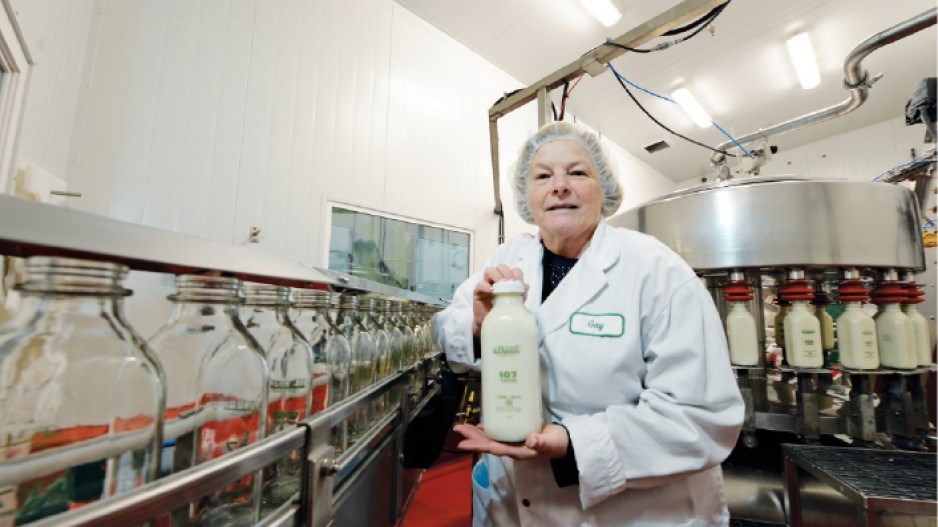Keep your seatbelts fastened – the bumpy road to B.C.’s new recycling system has gotten a little smoother, but the ride isn’t over yet.
The new program, which is being administered by non-profit, industry-led Multi Material BC (MMBC), has been dogged by complaints about poor communication, little consultation and skepticism that it will deliver the environmental benefits promised. (See “Critics turn up heat on B.C. recycling plan” – BIV issue 1248; September 24–30, 2013.)
The extended producer responsibility (EPR) system is meant to transfer responsibility for packaging waste to the companies that produce the materials. Companies that put packaging into consumers’ hands must now pay a fee based on the volume of packaging they produce.
Small-business owners and municipal governments were up in arms last September because they claimed the initiative had been poorly communicated and its costs were unknown. (See “Business blasts recycling scheme” – BIV 1247; September 17–23, 2013.)
MMBC has now announced that small businesses that produce less than one tonne of packaging material will be exempt from having to report or pay fees. It has also patched up relations with many municipal governments: 67 B.C. municipalities, including most Metro Vancouver cities, have now signed on to contract their in-house recycling services to MMBC.
Some larger B.C. businesses hope the program will result in more products being recycled as the MMBC promised, but others remain concerned about how the system will affect them.
For Burnaby-based Avalon Dairy, measuring all the packaging the business produces was time-consuming. But CEO Gay Hahn expects the process to be much easier in the future, when the company will be able to use the baseline data from the initial calculation.
“We had to absolutely weigh every piece of packaging we have in our plant,” Hahn said. “Whether it’s the foil under the sour cream or the plastic foil under the yogurt or the butter wraps, the cheese wraps, absolutely everything.”
According to MMBC, recycling rates (the percentage of products recycled) in B.C. range between 50% and 57%. The organization aims to increase recycling to 75%. If the new system does that, Hahn said the extra work will be worth it.
Hemlock Printers, also based in Burnaby, has a strong commitment to best environmental practices, but the company is worried the new regulation will mean its clients will opt to print fewer brochures and posters.
“It’s a new tax for [our clients], and if they’re not able to pass those costs along to the consumer, that would negatively impact their budgets,” said Doug Climie, Hemlock’s vice-president of sales and marketing.
As with the other groups affected, Climie said there had been little consultation with his industry.
MMBC expects to roll out its program this May. B.C. residents will be able to recycle more items, like aerosol cans and milk cartons; curbside pickup will also be extended to some communities that did not previously have the service.




